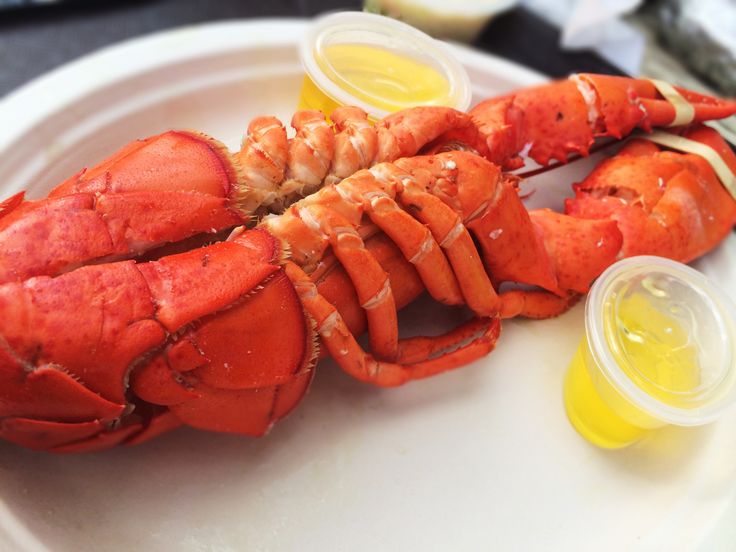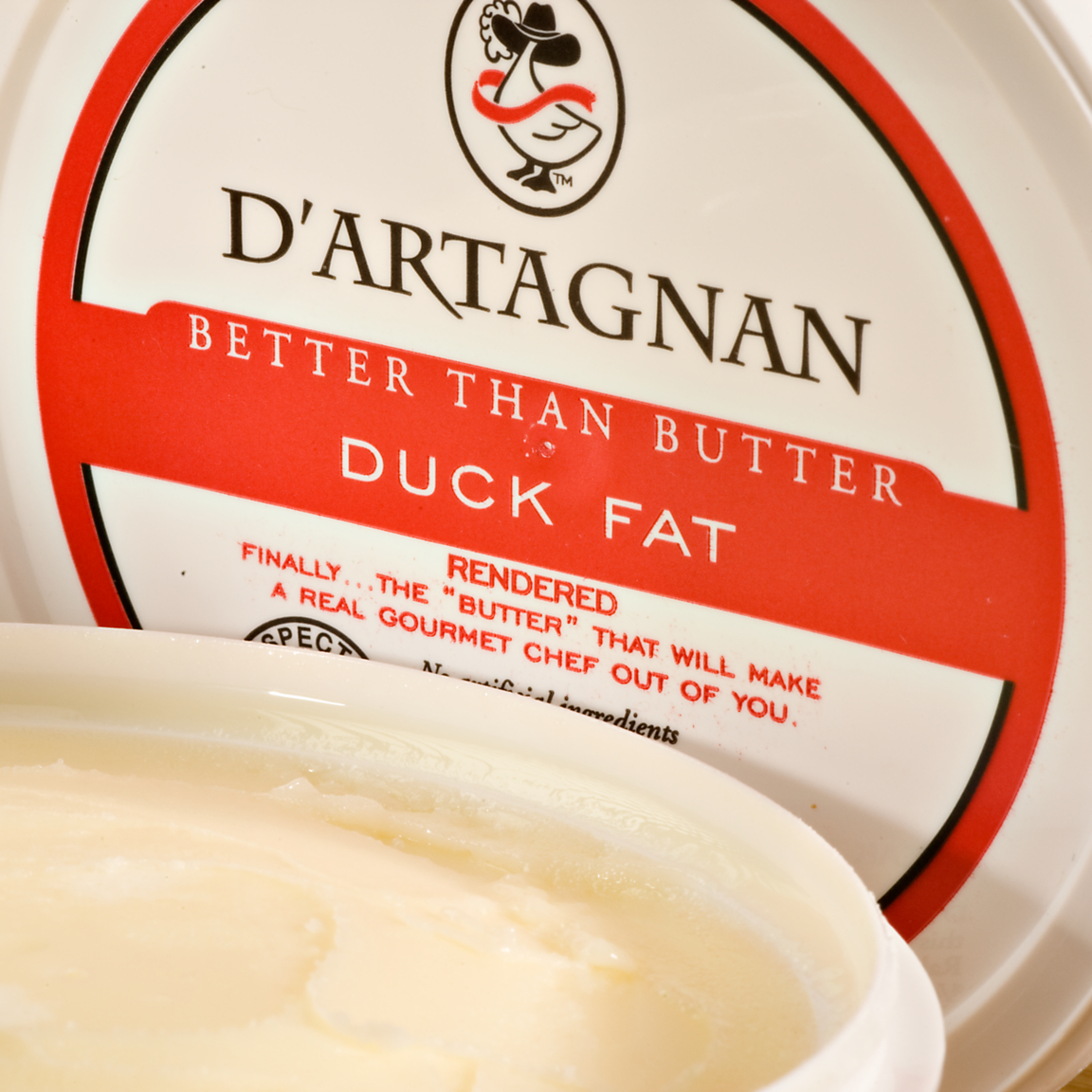WHY A CALORIE IS NOT A CALORIE TO YOUR MOUTH
For those of you not in the know these days, the "calories in equals calories out" paradigm has been redefined (at least in the Ancestral Health Movement). The long held notion that the human body behaves like a car where you can expect a certain miles per gallon. In this model, if a car gets 30 miles per gallon, you can expect to go 30 miles on one gallon of gas. So if you put 2 gallons in your tank and only go 30 miles, you will have one gallon of gas left in the tank. Now lets compare the human body to the car. Pretend food is the gasoline. If we eat 3000 calories today, but only use 1500 calories, we will be left with 1500 extra calories - just like the remaining gallon of gas. This 1500 calories would be excess fuel that we have to carry around as fat, just like the gallon of gas. In this model, gas is gas and a calorie is a calorie. There is no difference whether the calorie comes from fat, protein, or carbohydrates.
The reality is a bit different. In the newer view, the type of food matters. Let me try to simplify. The body treats different foods differently. The body's carrying capacity for carbohydrates is limited. In fact, we can only carry one teaspoon of sugar in our blood without suffering some deleterious effects. Think of diabetics that have chronically elevated blood sugar. The complications of diabetes include heart disease, kidney disease, obesity, blindness, amputations of fingers and toes, and a whole host of other problems. In short, sugar is a bit toxic. Since the body knows that high blood sugar is a no-no, it will do all it can to get the sugar out of the blood and down to acceptable levels. When we eat foods that are made of carbohydrates that are easy to digest like bread and pasta, we quickly start breaking them down into the simple sugar glucose. This process starts in the mouth with the help of salivary amylase. The evolutionary significance of salivary amylase is that it appears to elevate insulin, which in turn blunts the blood sugar increase after carbohydrate ingestion. Chris Masterjohn explains it all in this video. Insulin is the hormone we use to bring sugar into our cells for utilization. Here's the catch: we can't store much carbohydrate, so the sugar we can't burn right away gets converted to fat and stored .
Fat and protein do not start getting digested in the mouth. Protein is utilized to synthesize new muscle tissue, enzymes and connective tissues. The protein that is not needed for rebuilding the body is converted into glucose. This glucose is either burned as fuel or stored as fat. This process involves insulin. The good news is that protein makes us feel full and will signal the brain to stop eating. It is very difficult to over consume protein. Also, since protein takes extra time to convert to glucose, it does not spike blood sugar like carbohydrates.
Fat does not require insulin to digest, and it has no effect on blood sugar. It does make us feel full and stop eating, especially when combined with protein. The body does not need to get the fat out of circulation as it is not damaging like excess glucose. Of course I am talking about real fats here, not industrialized oils like corn, soy and canola, which are not real food and are damaging to the body!
Now let's consider the above information as it pertains to oral health. Since protein and fat do not breakdown in the mouth, they can't contribute much to decay. It is true that grizzle can get lodged in between the teeth and cause inflammation, much like a splinter would in the skin. Let's consider this a foreign body reaction. But luckily the discomfort of something lodged in the body where it does not belong will prompt us to eliminate it. In the case of food stuck in between the teeth, simply brush and floss it away and get on with your day.
Fats really can't do the mouth any harm, as long as they are not the industrial seed oils like canola, corn and cotton seed oils, which will not act directly on the mouth; once they are digested, they will become incorporated into your cell membranes and cause them to malfunction. You may even have heard of oil pulling where you swish oil around the mouth to improve your health. Oils are fats, so not only do the right oils cause no harm, they are beneficial. My favorite is coconut oil, as it can act as an antimicrobial agent when it degrades slightly into monolaurin. Animal fats contain the vitamins A,D and K2, the so called fat soluble vitamins, responsible for tooth and bone formation, as well as bolstering the immune system. I can't say enough good things about the right fats making it into your diet.
If we look at the carbohydrates contained in natural whole foods, they are also less likely to cause tooth decay. The reason is the fiber. Humans can't digest fiber, so if the carbohydrates are locked inside the cell wall of an apple, it will take a long time to get the cell wall broken down to allow the sugars to be digested. In fact, the fibers in fruit will cleans the teeth while eating them.
Honey deserves a special mention. It would seem likely that honey would promote tooth decay. But honey contains natural antimicrobial agents that in fact do not promote tooth decay. You gotta love nature!
Processed carbohydrates are the real bad player in tooth decay. Just as they overwhelm the body and create toxicity, so do they in the mouth. As I mentioned earlier, our extra copies of the salivary amylase gene had been a blessing when we were eating fruits and starchy roots, as its presence blunts the blood sugar spike. But when we eat processed carbohydrates like crackers, pretzels, and chips, we are able to break the starches down quite rapidly in the mouth into simple sugar. This high amount of sugar feeds the naturally occurring bacterial in the mouth causing them to multiply out of control and secrete acids. An acidic mouth will cause the minerals in the teeth to dissolve out. The manifestations are recession, notching by the gum-line (abfractions), wear, cavities, and sensitivity. I want to add that juices from fruits will also lower the PH of the mouth and contribute to demineralization and decay.
So to recap:
A calorie is not a calorie, whether we are talking about weight, or tooth decay
Amylase was beneficial when we had no processed carbohydrates, but can be a problem today
Fat and Protein are not especially good at causing weight gain or tooth decay
The fat soluble vitamins will strengthen teeth
Processed carbohydrates can ruin teeth and metabolism
One final word. You can use the principles of watching your waist ala the paleo diet to guide your decisions about eliminated tooth decay and its related problems by paying attention to the fat, protein and processed carbohydrate content of food. Be careful to stick to whole foods, avoid oils like corn, canola and soy, and avoid processed carbohydrates by all means!




